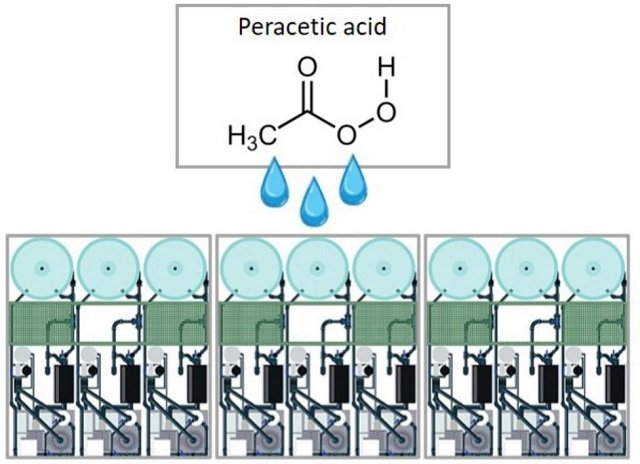Australia.- Due to ever-expanding population growth and increased awareness of the health benefits of seafood, the global appetite for fish is on the rise. Today’s world fish consumption is at a high of 19kg per individual per annum. The demand for fish, as a rich source of quality protein and omega-3 oil, now far surpasses the sustainable yield of the ocean.
In the early days of the Blue Revolution, a key criticism was that aquaculture of certain types of fish costs more fish than it produces. Today this is not the case with the culture of many fish species yielding more than twice as much fish as it uses and the Australian salmon industry being a net producer of fish protein. The replacement of fishmeal by terrestrial sustainable ingredient sources has been and continues to be the trend in order to feed more fish while reducing the reliance on fishmeal.
However, the limited availability of fish oil, rich in the health-promoting omega-3 long-chain polyunsaturated fatty acids, is one of the major constraints for further growth of the aquaculture industry. The good LC omega 3 oils are generally unique to the marine environment and need to be included in feeds to achieve aquaculture products with the same or greater human health benefit than wild fisheries products. The genetic engineering of higher plants to produce the health-benefitting LC omega 3 oils is a novel potential solution developed by CSIRO.
This project in partnership with NuSeed, NOFIMA and CSIRO studied the use of docosahexaenoic acid (DHA) omega-3 canola oil (DHA-CA), genetically modified with algal genes, to replace fish oil in diets of Atlantic salmon fingerlings, as part of two feeding trials in Australia and Norway. The results, published in the British Journal of Nutrition indicate DHA-CA can replace successfully 100% fish oil in Atlantic salmon fingerlings at a critical stage of their life cycle.
The work will be presented at the World Congress on Oils & Fats 2020 in Sydney Australia. Further research now needs to be carried out in larger fish to market size.
CSIRO Aquaculture contact
Dr Cedric Simon, Research Group Leader, Aquaculture Nutrition
https://research.csiro.au/aquaculture/our-team/1/#cedric
Reference:
Ruyter, B., Sissener, N., Østbye, T., Simon, C., Krasnov, A., Bou, M., Berge, G. (2019). N-3 Canola oil effectively replaces fish oil as a new safe dietary source of DHA in feed for juvenile Atlantic salmon. British Journal of Nutrition, 122(12), 1329-1345. doi:10.1017/S0007114519002356
https://doi.org/10.1017/S0007114519002356
Source: CSIRO
Stay Always Informed
Join our communities to instantly receive the most important news, reports, and analysis from the aquaculture industry.
Editor at the digital magazine AquaHoy. He holds a degree in Aquaculture Biology from the National University of Santa (UNS) and a Master’s degree in Science and Innovation Management from the Polytechnic University of Valencia, with postgraduate diplomas in Business Innovation and Innovation Management. He possesses extensive experience in the aquaculture and fisheries sector, having led the Fisheries Innovation Unit of the National Program for Innovation in Fisheries and Aquaculture (PNIPA). He has served as a senior consultant in technology watch, an innovation project formulator and advisor, and a lecturer at UNS. He is a member of the Peruvian College of Biologists and was recognized by the World Aquaculture Society (WAS) in 2016 for his contribution to aquaculture.




